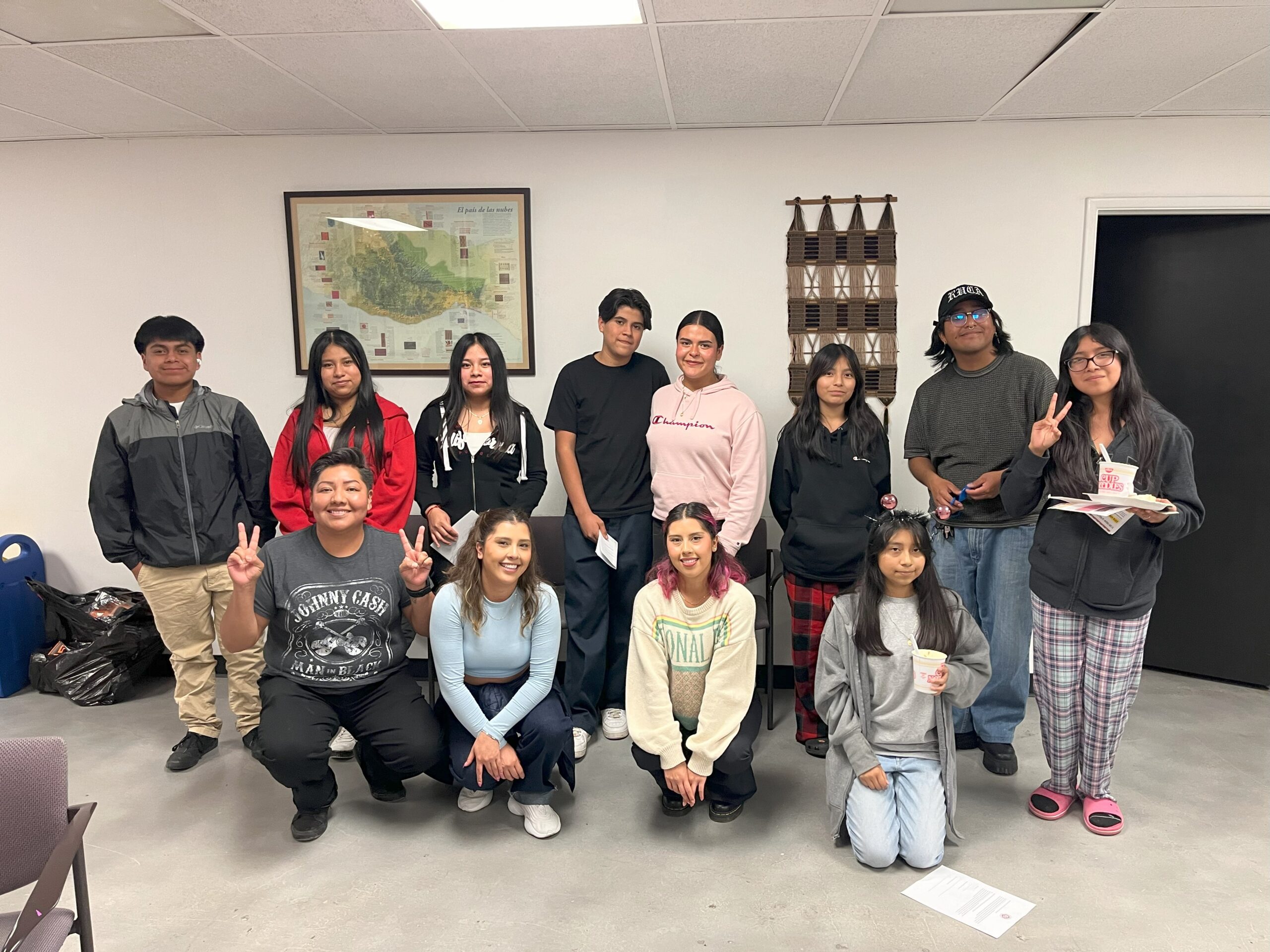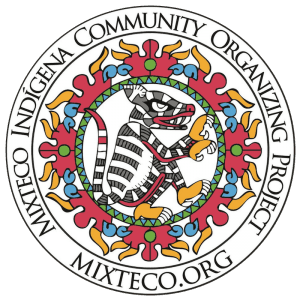Dozens of Indigenous Students Raise Their Voices About Racial Discrimination in Oxnard High Schools

By: Miguel Hernandez Alvarez
Dozens of Indigenous students and descendants of Indigenous families are speaking out about the racism they face in high schools across Oxnard. Indigenous students at high schools such as Río Mesa, Charles F. Black Stock, and Channel Islands
have reported having at least one experience of racial discrimination at their school by students and even employees for simply being indigenous or coming from an indigenous family.
These students, who were interviewed for this investigation and who will remain anonymous, reported how these instances of racial discrimination create insecurities within them that commonly generate internal conflict, which forces them to ignore their roots.
Charles F. Black Stock, Rio Mesa, and Channel Islands high schools are three of 10 schools in the Oxnard School District, home to more than 18,000 students, 82 percent of whom identify as people of color (Indigenous, Afro-American). Americans, Latinos, and Asians).
One student shared his experience of discrimination and said, “it infuriates me that the biggest discrimination commonly comes from my own people. “They are Latino students who point out us for being indigenous and who make comments that insult my family and roots.”
Another student, in particular, shared:
“It is very common for us to hear stereotypes of our culture used against us. I have heard comments like ‘cross borders’ or ‘eat tacos’.
In one of Oxnard’s schools, Rio Mesa, home to more than 2,000 students, a teacher called out the school for its lack of cultural competency and understanding of the cultural backgrounds of indigenous students attending Rio Mesa High School.
The teacher, who will remain anonymous for security reasons, mentioned how he became aware of the school’s lack of cultural competency when “a group of athletes thought it would be fun to have their own spiritual day and dress up in stereotypical cowboy outfits. And Indians?”
“And when I asked our principal if he was going to punish the students for disrespecting indigenous communities, the principal admitted “that he wasn’t going to do anything about it. “He didn’t seem to think there was anything he could or should do to address the students’ discriminatory behavior and comments.”
The teacher who shared this information shares that the lack of understanding of what it means to be indigenous is one of the main reasons why discrimination and racism continue to exist in these communities.
“Most educators know little or nothing about the Indigenous members of our community. You may know the name “Mixtec” but nothing more. “How can we serve our students effectively if we don’t know about them, their families, and their cultures?”
Several students finally commented on how school should be a safe space and not a place where they feel discriminated against or ignored. They also added how the educational system is one in which many fail, and discrimination makes it much more difficult to succeed.
